Product Description
What is the microwave drying and heating ?
Microwave Drying relies on additional energy being supplied that’s preferentially absorbed by the solvents in the process to enhance evaporation. Microwaves are a form of electromagnetic energy (300 Mhz–300 GHz), generated by magnetrons under the combined force of perpendicular electric and magnetic fields. In the pharmaceutical industry, the most common frequency used is 2450 MHz, because of the advantages that this frequency offers in conjunction with a vacuum;
Microwave Heating is a direct heating method. In the rapidly alternating electric field generated by microwaves, polar materials orient and reorient themselves according to the direction of the field. The rapid changes in the field — at 2450 MHz, the orientation of the field changes 2450 million times per second — cause rapid molecular reorientation, resulting in friction and heat. Different materials have different properties when exposed to microwaves, depending on the extent of energy absorption, which is characterized by the loss factor.Given the characteristics of the materials commonly used in pharmaceutical production, microwave energy is well suited for drying pharmaceutical formulations. The liquids most frequently used in wet granulation (water and alcohol) have much higher loss factors than the other standard wet granulation ingredients (lactose, corn starch, for example), leading to higher microwave energy absorption and the preferential heating of these liquids.
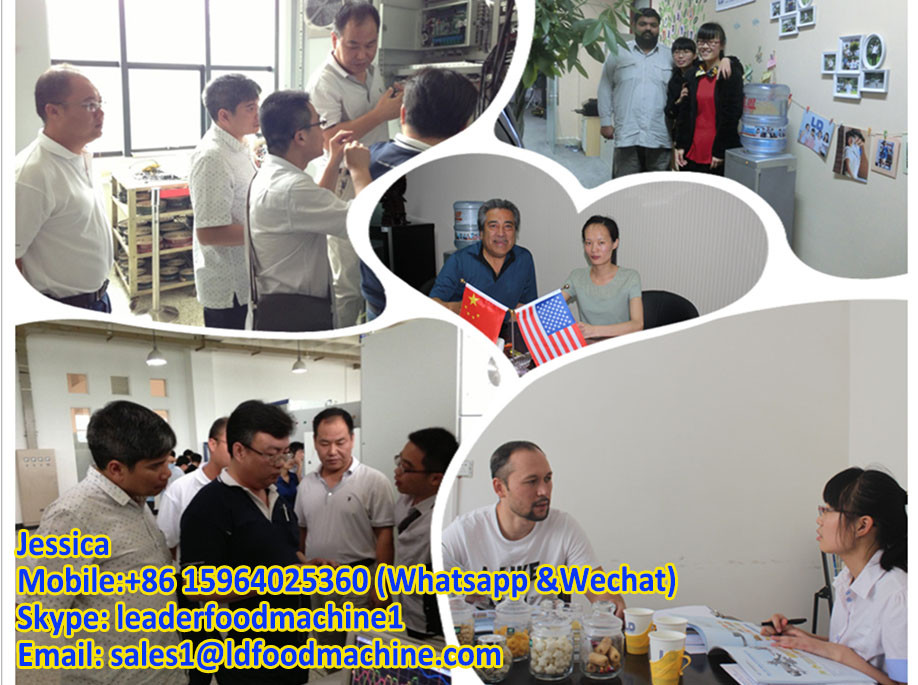
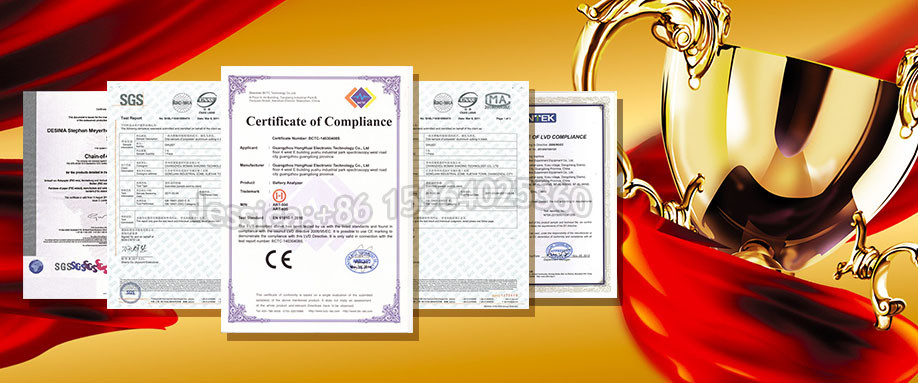
What is the advantage of microwave drying ?
Drying is one of the most energy-intensive unit opera-tions in the process industries. In a drying process, a large amount of energy is needed for sensible heating and phase change of water. The high energy consumption is caused by both the energy needed for water removal via a phase change, as well as the low heat transfer efficiency during the falling rate period of a (hot-air) drying process. In the falling rate period, drying becomes inefficient because the dried product surface yields a layer with high heat and mass transfer resistance, and the temperature gradient could be in the opposite direction of the moisture gradient. In addition, in the falling rate period, the moisture content is low, the water molecules thus have a higher evaporation enthalpy, and the removal of these molecules by evapora-tion requires higher energy input. When drying foods and agricultural products with conventional hot-air drying methods, this low heat and mass transfer efficiency coupled with a high energy demand for phase change results in prolonged drying time and hence a severe quality degra-dation in the final products.
The advantages of microwave drying arise from the volumetric heating and internal vapor generation. Heating from the interior of a food product leads to the buildup of an internal vapor pressure that drives the moisture out of the product. This results in a significant reduction in drying time, leading to significantly improved product quality In microwave drying of foods, a reduction in drying time of up to 25–90% and an increase in drying rate of 4–8 times , when com-pared with convective drying, have been Other advantages of microwave drying include:
1.A high energy efficiency in the falling rate period can be achieved. It is partially due to the fact that the energy is directly coupled with the moisture, which eliminates the need to transfer heat from the low-moisture surface into the high-moisture interior. It is also the result of an increased driving force for moisture transfer due to the generation of elevated internal vapor pressure;
2.Case hardening may be avoided or lessened because of the surface moisture accumulation and the liquid pumping phenomena. The unique surface moisture accumulation in microwave heating has been widely reported ;
3.An improvement in product quality can also be achieved. Better aroma retention faster and better rehydration better color retention and higher porosity have been reported for microwave-dried food products;
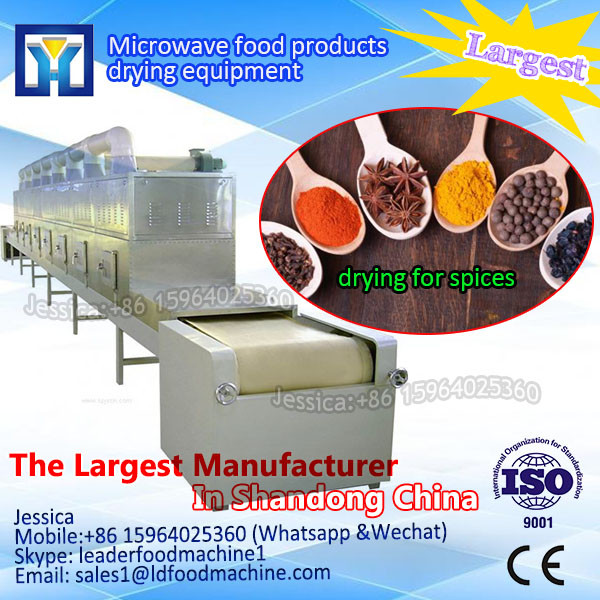
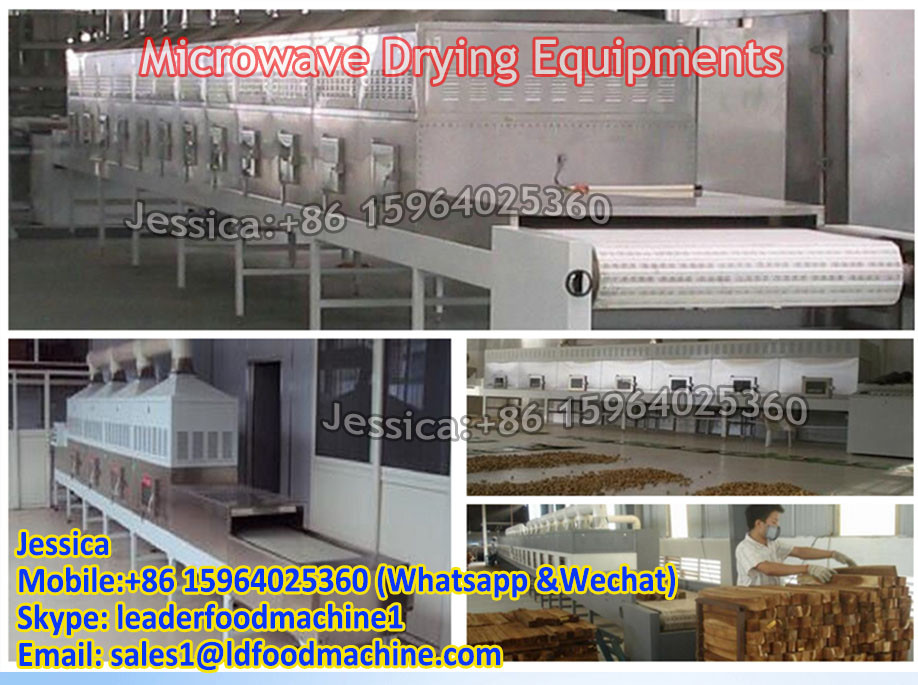

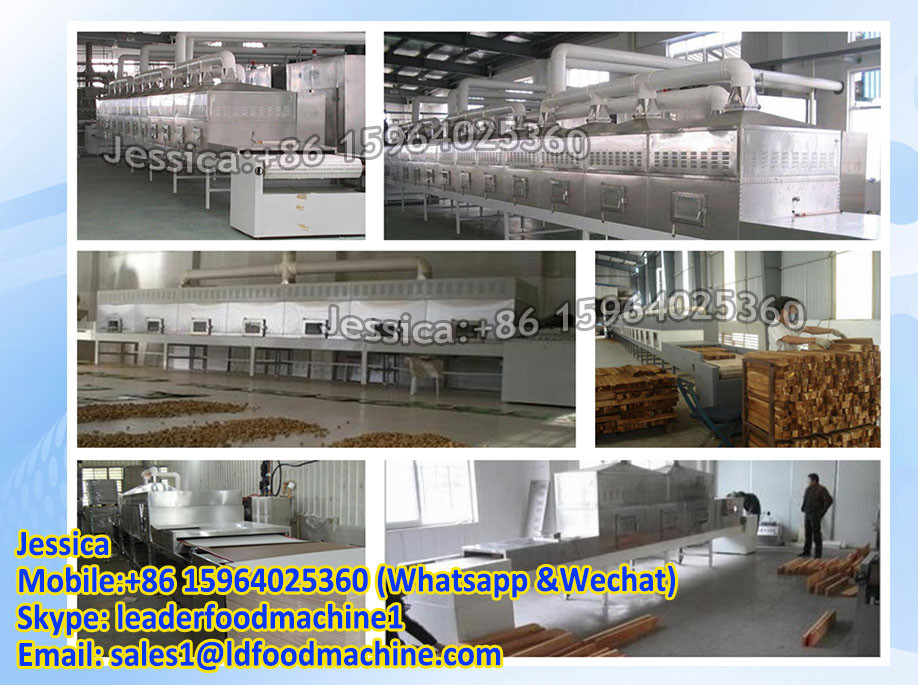
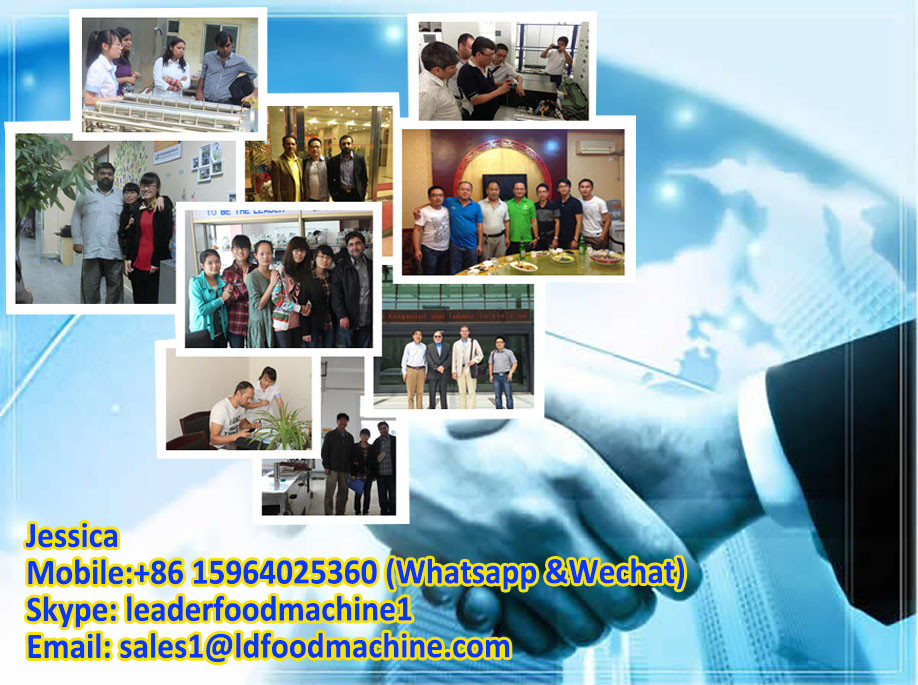
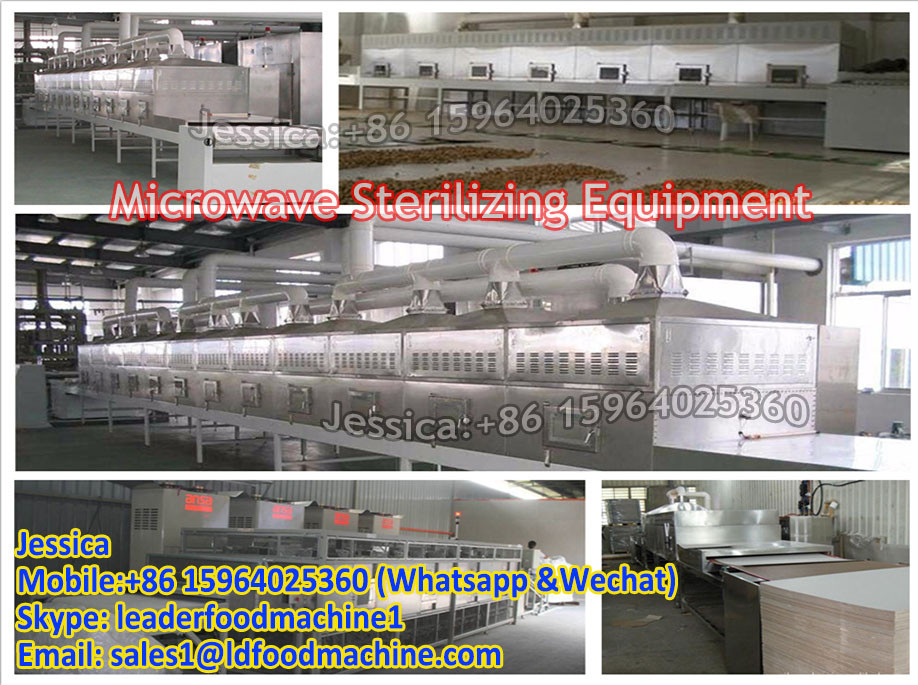
What is the difference between high-power microwave sources and low-power microwave sources?
High-power microwave sources use specialized vacuum tubes to generate microwaves. These devices operate on different principles from low-frequency vacuum tubes, using the ballistic motion of electrons in a vacuum under the influence of controlling electric or magnetic fields, and include the magnetron (used in microwave ovens), klystron, traveling-wave tube (TWT), and gyrotron. These devices work in the density modulated mode, rather than the current modulated mode. This means that they work on the basis of clumps of electrons flying ballistically through them, rather than using a continuous stream of electrons.
Low-power microwave sources use solid-state devices such as the field-effect transistor (at least at lower frequencies), tunnel diodes, Gunn diodes, and IMPATT diodes.Low-power sources are available as benchtop instruments, rackmount instruments, embeddable modules and in card-level formats. A maser is a solid state device which amplifies microwaves using similar principles to the laser, which amplifies higher frequency light waves.
A microwave oven passes microwave radiation at a frequency near 2.45 GHz (12 cm) through food, causing dielectric heating primarily by absorption of the energy in water.
Microwave heating is used in industrial processes for drying and curing products.
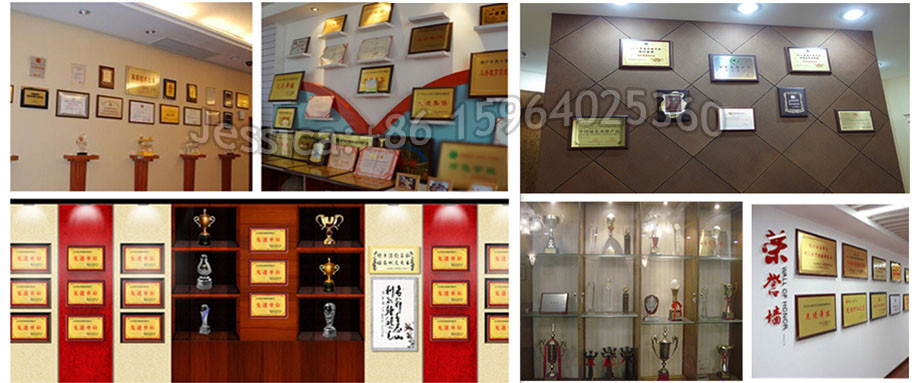
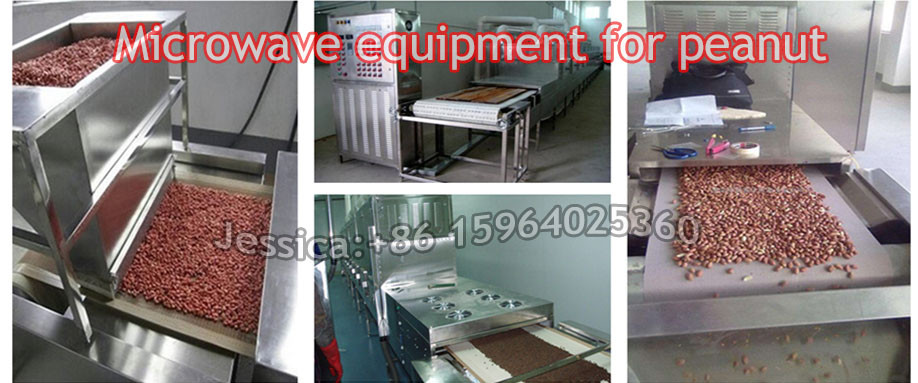 Certifications
Certifications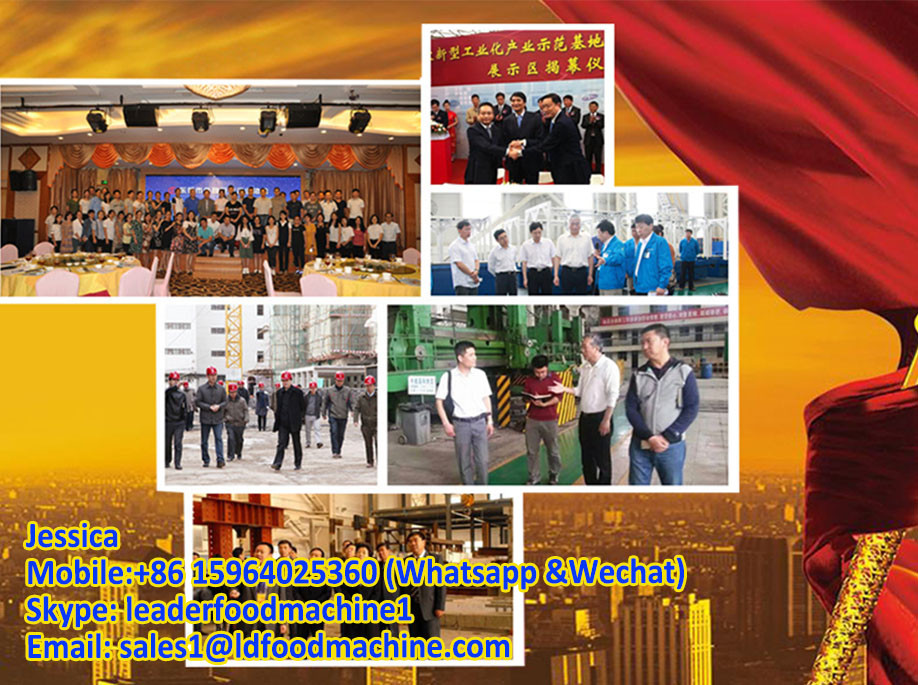
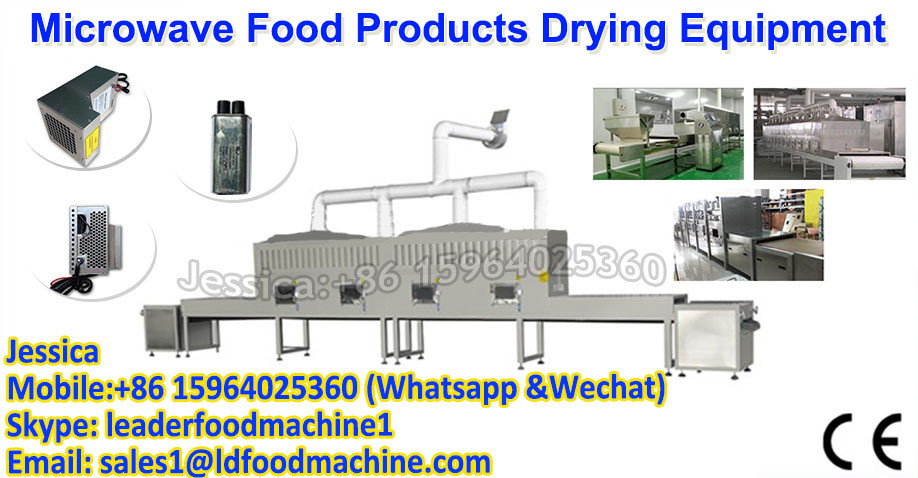





 Packing & Delivery
Packing & DeliveryWhat is our packaging quality?
Our packing should be seaworthy and able to withstand rough handling in transit. Meanwhile, we have especially reinforced our packing in order to minimize possible damage to the goods.
We will pack the equipment with three layers. the first layer is with plastic wrap, the second layer is with steam bubble membrane, the third layer is with wooden box package. meanwhile, we will cover a foamed plastic on it , In case that the touch screen is torn and worn .
All the package should be subject to the objects.





 Installation
Installation
 Foreign experts
Foreign experts
 FAQ
FAQ
